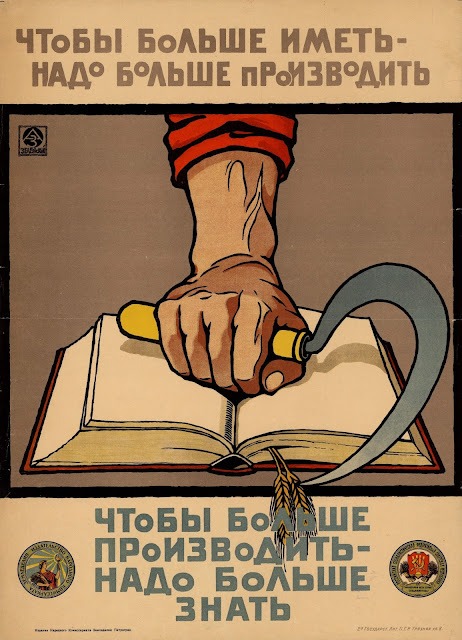This blog deals with various forms of writing, including academic writing. Since 1945, in the humanities, academic writing has reflected a grand liberal vision of civil society.
For decades, conservatives have complained that the universities favour liberal-left colleagues and are centres of anti-right discrimination. It seemed so at the
University of Vienna yesterday, when far-left protesters disrupted the lecture of
Professor Lothar Höbelt, a historian of Central Europe. This was the third time that Antifa protesters have tried to block
Höbelt from speaking, due to supposed Nazi attitudes. This time, they succeeded because they threatened violence.
I have read some of this man's books and articles and he is not a Nazi, despite his dubious
flirtations with David Irving. He is a conservative. This is a disgraceful display on the part of the students, who are the real fascists in this instance. Those who censor and silence opponents usually do so from a place of internal weakness, an inability to withstand open discussion.
The core of the problem, as
Zara Riffler at Tichys Einblick [Tichy's Insight] wrote yesterday, is the political assumption that morality is entirely dominated by one ideological stance, in this case the "hypermoral" left:
"The perceived threat in combination with the exaggerated political correctness makes morality rampant to hyper-moral in university left circles. It is decided morally what is 'right'. Such a morally 'correct' opinion is absolutely set, however dissenting opinions are singled out as obsolete. This hypermoral has gained the upper hand and hardly permits a discourse, since other political views are immediately condemned - because these do not correspond to their own moral principles, so they endanger the fight against the dreaded -isms. Hypermoral replaces awareness of the relevance of freedom of expression and blocks all tolerance. Leftist groups have won the power of definition and decision-making at the universities about who enters the university, which are allowed to speak within the premises and which content is still allowed. Since hypermoral is solidified by the absence of a discourse with dissenters, open discourse becomes impossible. As a result, the universities have fallen into a politically left-wing feel-good zone and are caught up in their own moralizing bell."
This debate on political evolution is really a question of how we define morality in public life, especially in communities which are active in the technosphere. Thus, it is a question of how spiritual and ethical values persist and are weaponized in the civil space and politics. This is a difficult topic, especially for nominally secular rationalists.
Hörsaal-Besetzung gegen Lothar Höbelt Uni Wien Livestream (15 January 2020). Video Source: Youtube.
The right-populist Freedom Party's comment on controversy at University of Vienna: Herbert Kickl zu den linksextremen Protesten an der Uni-Wien (15 January 2020). Video Source: Youtube.
(BC) LINKSEXTREME BLOCKEN PROFESSOR - WAS IN DER UNI WIEN PASSIERT IST (14 January 2020). Video Source: Bitchute.
The protesters seek to eradicate racist discourse from all intellectual deliberation, or rather they seek to eradicate,
anything or anyone labeled as racist, at the expense of freedom of expression. Like their critics, the protesters' views are also shaped unconsciously by the spread of social media. In ten years of blogging, I have observed the impact of technology on Millennial politics. My most popular post of all time,
Red Pill, Blue Pill, Green Pill, Black Pill (2 June 2017), introduced my analysis of that impact.
Protesters rejected any discussion of Germanic nationalist ideas - Homeland, Folk, and Fatherland. Image Source: EN24.
Given that this year is a presidential election year in the United States, it is time to revisit that analysis. In as neutral a way as possible, I will get to the bottom of Millennial political evolution in the technosphere.
Viewers on Bitchute took a dim view of Antifa protesters at the University of Vienna. One posted this image in their discussion. Image Source: Bitchute.
I will explain how ideologies form idealized orthodoxies for those who identify with them - and how these beliefs are labeled by detractors; how good and bad labels differ from practice; and how the Internet affects distinctions between labels and reality. But to start, I will state: conservatism is not Nazism.
See my related posts in this series at Histories of Things to Come.







Comments
Post a Comment